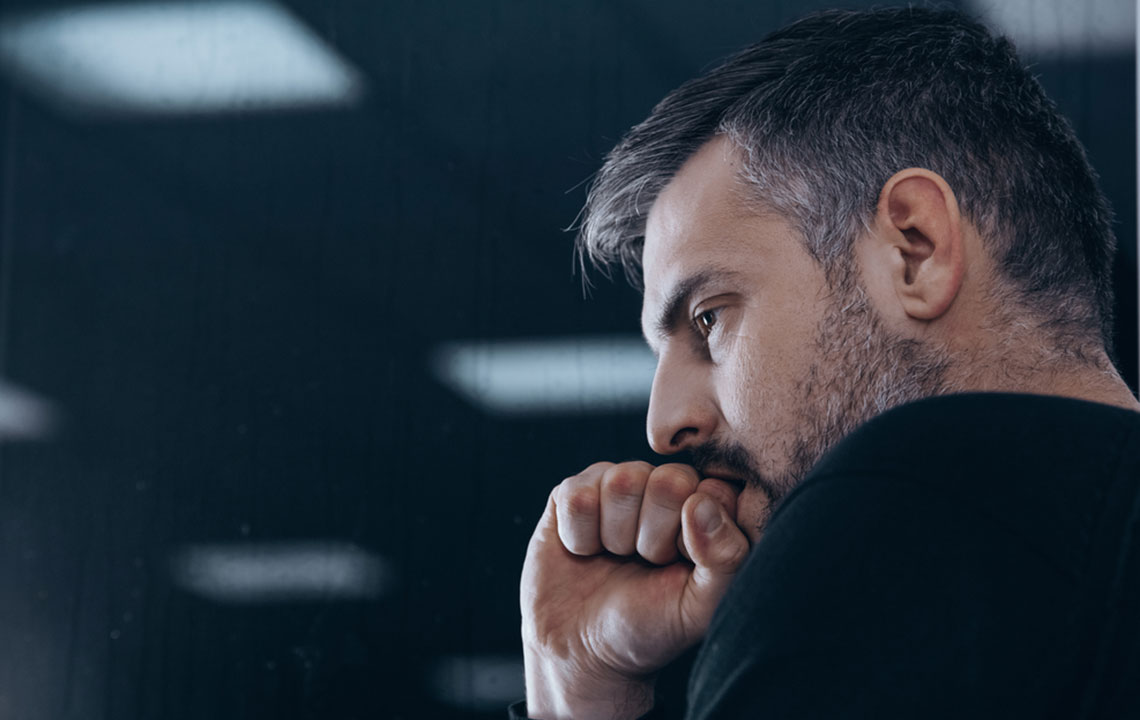6 Tips for Finding a Good Addiction Counselor

Nearly 20 million people in the country above the age of 12 in the have an addiction problem; alcoholism being one of the major causes. Often, mental illnesses are underlying conditions for various forms of substance abuse. The first step toward sobriety is to ask for help. The best way to get help is to undergo addiction counseling and see an addiction therapist. Addiction counseling can help a person control or lessen the abuse of substances or alcohol. A therapist can also help a person to achieve abstinence and explore the various triggers of addiction.
Although it is never easy to seek help, it is one of the best things a person can do to kick their addiction problems. Therefore, it is important to find the right person or persons for addiction counseling to ensure that the right kind of help is received on time. Before looking for the right addiction counselor, it is essential to know the different professionals who work with addiction patients:
- Addiction psychiatrist
Addiction psychiatrists are same as medical doctors. Their specialization is mental health and addiction problems. Their treatment plans include prescribing medications such as antipsychotics, antidepressants, and other medications to deal with mental health issues that might have triggered the addiction problem. These medications also help in detoxification and withdrawal from substance abuse. A psychiatric evaluation usually checks how well a person is adjusting to the medications and whether the medications are effective. Along with prescribing medications, many addiction psychiatrists provide therapy. - Addiction psychologist
Often, addiction psychiatrists work along with addiction psychologists to provide a holistic addiction counseling to patients. Unlike addiction psychiatrists, addiction psychologists are not medical doctors but are trained mental health professionals. Their addiction counseling revolves around understanding the role of addiction in a person’s life. A psychologist can help to understand the triggers and factors affecting a person’s addiction habits through methods such as cognitive behavioral therapy, relapse prevention based on mindfulness techniques, motivational interviewing, community reinforcement, family training, and 12-step facilitation treatments. Addiction psychologist also provide talk therapy to help a patient walk through their problems and get to the core of their issues with addiction.
- Social workers and licensed professional counselors
Social workers help in getting social agency support services. Their approach toward addiction and its associated mental health issues from a networking and social perspective. Licensed professional counselors and social workers are trained in helping people deal with addiction problems.
Once it has been understood what different professionals do when it comes to addiction counseling, finding the right therapist is not very difficult. Here are a few tips to find a therapist for addiction counseling:
- Make a list of good addiction counselors
Go online and see if you can find a list of addiction counselors in your area. Ask family members and close friends whether they can identify and recommend a good therapist. Some people do not want to talk about their addiction issues with friends or family; in such cases, another medical professional can suggest therapists who can help in addiction counseling. - Verify and check credentials
Once a list is made, verify the credentials of each therapist in the list. Check their area of expertise, education levels, qualifications and certifications, years of experience in their area of specialization, and whether they have an updated license. Cross check their credentials from multiple sources and ensure that the therapist’s credentials, training, and experience are vetted well. - Determine the area of expertise
Different people with addiction problems require different types of addiction counseling. Some may require help with mental-health issues and some may just require medication. Whether a person goes to a social worker, a licensed professional counselor, an addiction psychiatrist, or an addiction psychologist, it is necessary to know their area of expertise. An addiction counselor’s area of specialization and experience should match the treatment requirement of a patient. A person may only want therapy and not medication. In such a case, it might be useful to consult an addiction psychiatrist. - Check online reviews
While many do not consider it ethical for medical professionals to have online testimonials or reviews, some therapists and counselors do have online reviews on their or other medical websites. These reviews can be helpful to become familiar with the work of the therapist. - Talk on a call with the addiction counselor
Try to connect directly with the counselor on call. Tell them upfront that you are looking around for addiction counseling, and that you have queries to know whether the counselor will be suitable for the specific type of addiction issue or not. Talking on call will also help to understand the confidence and comfort level that can be established with the therapist. - Make a follow-up appointment
A follow-up appointment will help to know whether there is a connection between the therapist and the patient. Addiction counseling is effective only when there is potential for trust and open communication between the therapist and patient. An initial meeting may help to understand whether that specific therapist right for the patient.


